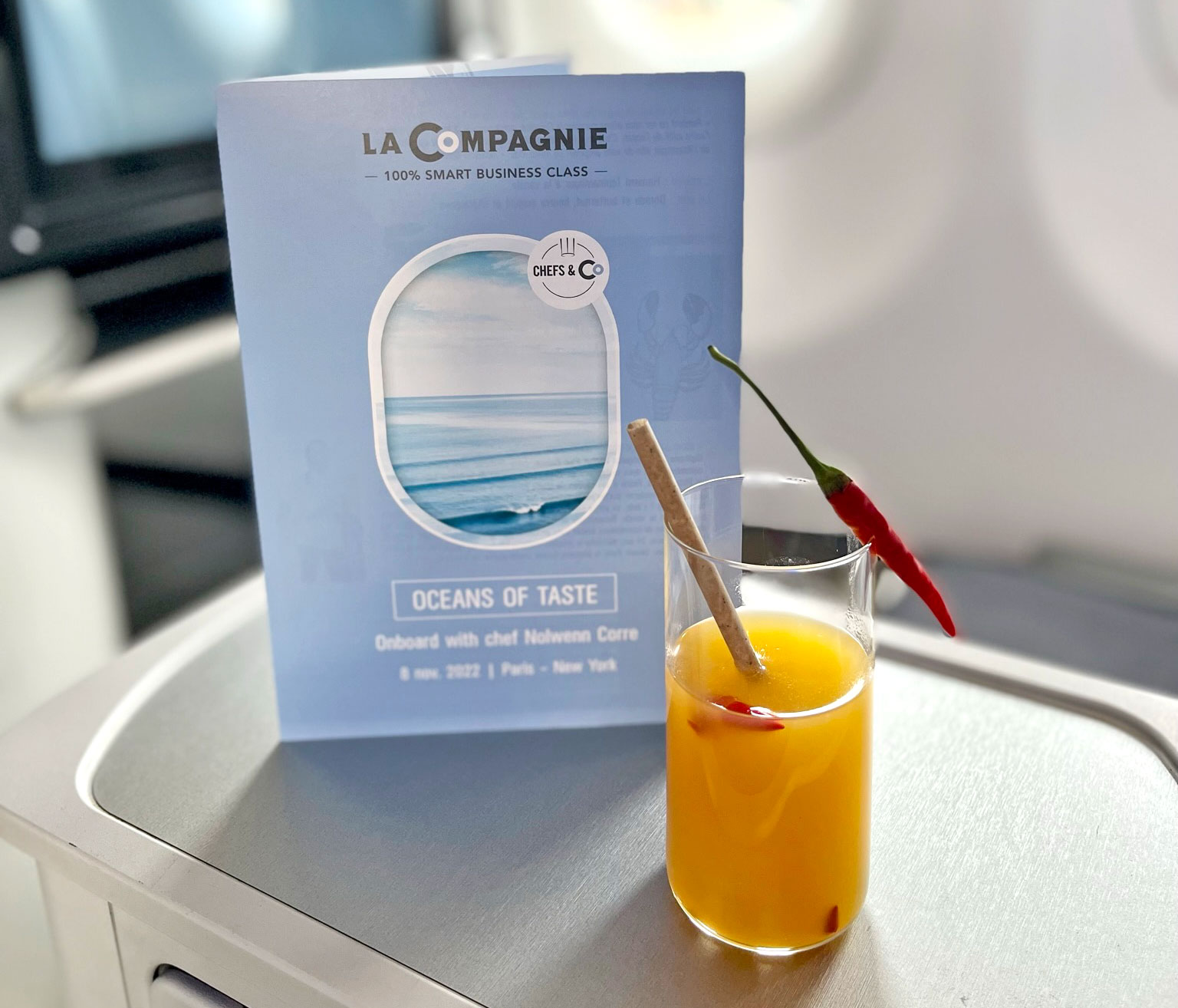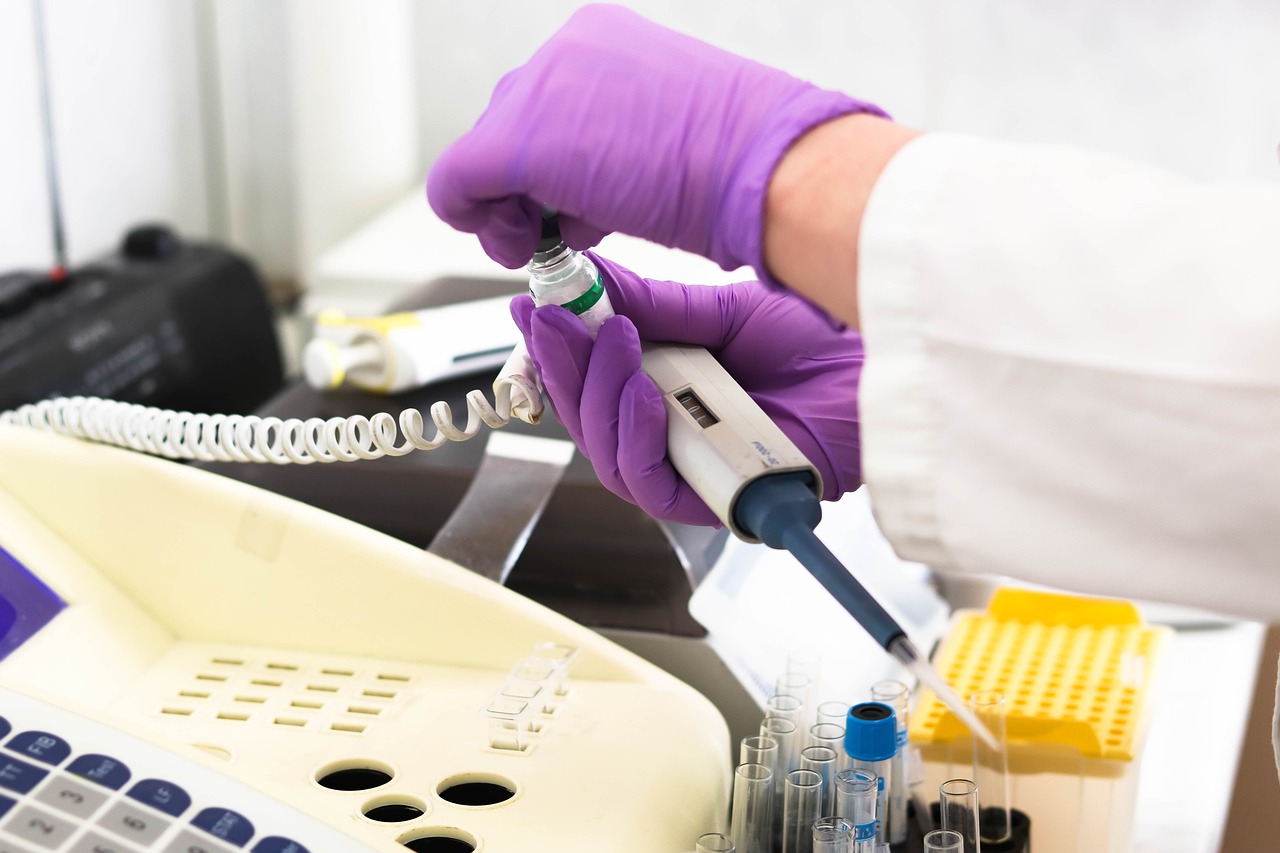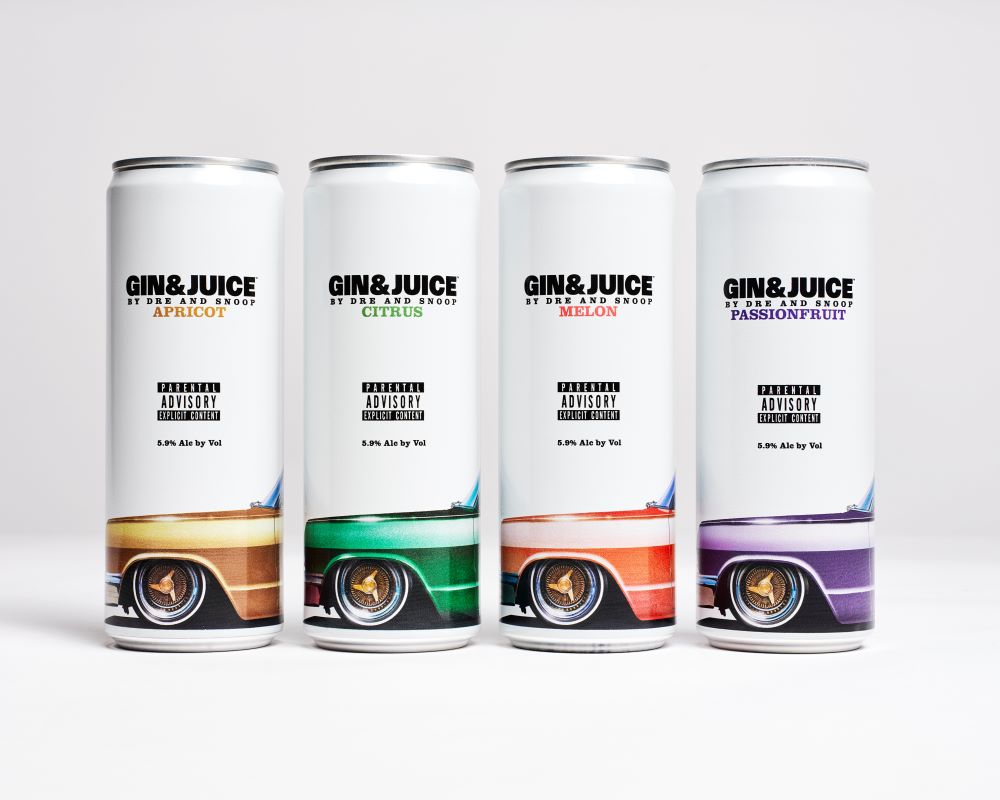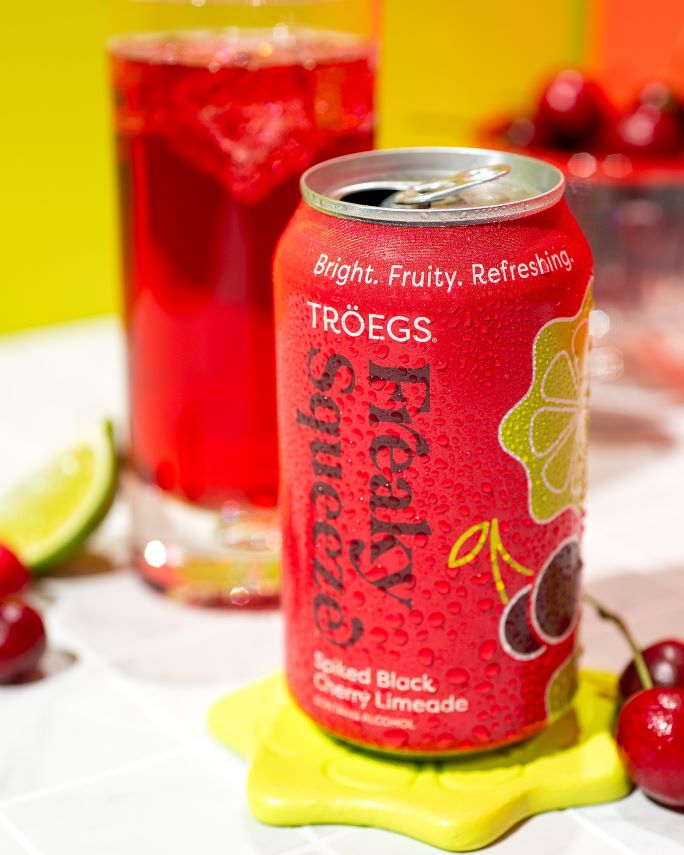[ad_1]
As on-premise operators look to streamline the customer support expertise and reduce prices, some are contemplating or rolling out automated ordering techniques — with or with out synthetic intelligence. The expertise might vary from a human-sized robotic greeting clients like a bartender would or a telephone software via which visitors place their orders and await a robotic that involves the desk and dispenses the requested cocktail.
Whereas robotic ordering expertise retains evolving, one factor is evident: These techniques usually don’t fall squarely throughout the boundaries of the authorized framework through which companies that serve alcohol on-premise function.
Listed here are a couple of authorized implications to remember when contemplating or implementing robotic ordering.
Shopper Age Verification
With few exceptions, it’s unlawful for an on-premise retailer to promote or serve alcohol drinks to a minor. Many states have legal guidelines or laws requiring on-premise operators (via their personnel) to evaluate a shopper’s identification to confirm they’re of authorized ingesting age earlier than promoting or serving alcohol drinks to them. In some states that don’t have these legal guidelines or laws, a bar or restaurant can mitigate its penalties for an unlawful sale to a minor by first checking IDs to make sure visitors are of age.
Robotic ordering techniques at the moment can not precisely confirm a shopper’s age. However there was dialogue round integrating facial recognition expertise into robotic ordering techniques to match shopper age and identification.
If implementing this expertise, on-premise retailers should affirm that it’s an appropriate type of shopper age verification below the alcohol beverage legal guidelines and enforcement insurance policies within the states through which they’re utilizing robotic ordering. If not, the robotic might have to be supervised by a human who verifies shopper age.
Commercial
Server Coaching and Licensure
Many states have legal guidelines or laws that require on-premise staff to endure particular alcohol beverage server coaching, and/or maintain an alcohol beverage server license or card. Amongst different subjects, the programs train bartenders when and tips on how to say no to intoxicated clients.
As with shopper age verification necessities, there was dialogue round how robotic ordering techniques can efficiently full the coaching programs required below relevant alcohol beverage legal guidelines to safe alcohol beverage server licenses.
One other matter entails how a robotic ordering system can detect shopper intoxication. When you can’t be sure that an automatic ordering system complies with the necessities in your state, the robotic ordering system might have to be supervised by a human who has complied with the coaching and licensure necessities.
Legal responsibility allocation issues
In most situations, on-premise operators fall exterior the enterprise of designing and manufacturing robotic ordering techniques. They are going to probably lease or buy these robotic ordering techniques from a third-party designer and producer.
The danger for legal responsibility arising from the techniques’ actions could also be allotted between these two events contractually. However alcohol beverage companies usually search recourse for violations of alcohol beverage legal guidelines from the social gathering that holds the alcohol beverage license for the licensed premises the place the violation occurred.
As a result of these robotic ordering techniques are sometimes situated on the operator’s licensed premises, complicated points can come up concerning the social gathering that will probably be held chargeable for the system’s failure to adjust to relevant alcohol beverage legal guidelines.
A balancing act
Regardless of the dangers, the advantages of robotic ordering techniques are clear, particularly minimizing the prices related to hiring and coaching new personnel. And because the expertise will get higher at guaranteeing that the alcohol drinks poured for customers meet actual measurements, it could actually assist cut back the chance of overserving customers on the licensed premises, in addition to the prices related to a bartender’s overserving and ensuing undercharging.
Technological innovation within the meals and beverage trade, and the ensuing advantages and disadvantages, will proceed to evolve. On-premise institutions should strike a stability between operational effectivity and buyer expertise.
You additionally want to know the necessities below your state’s alcohol beverage legal guidelines. Consulting with alcohol beverage regulatory counsel prematurely to make sure will help mitigate the dangers with these rising applied sciences.
Alexis Mason is a senior affiliate with the nationwide alcohol beverage division of Miami-based regulation agency GrayRobinson.
[ad_2]
Source link





















